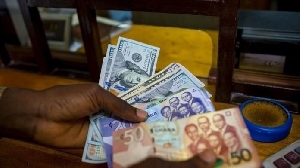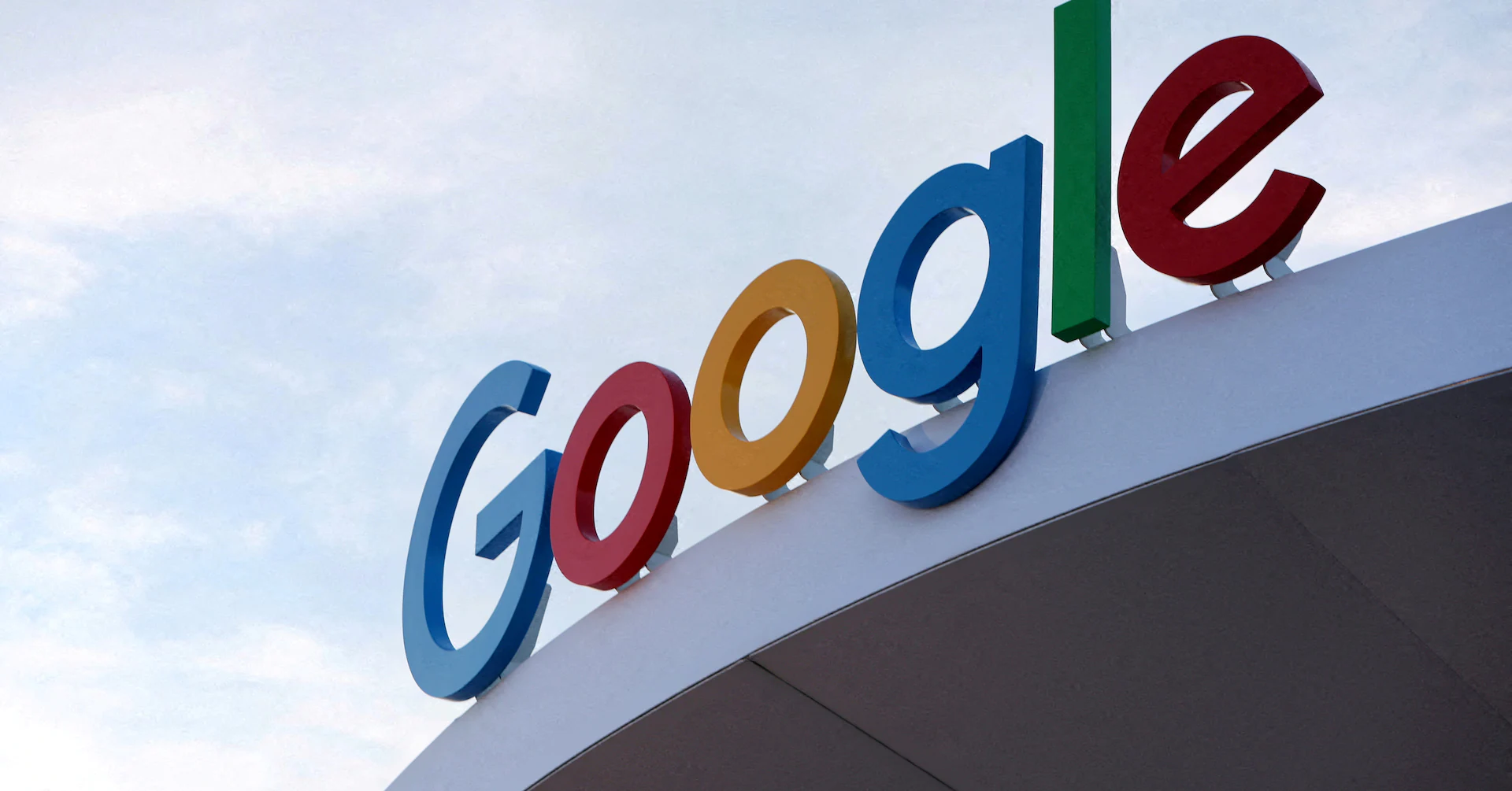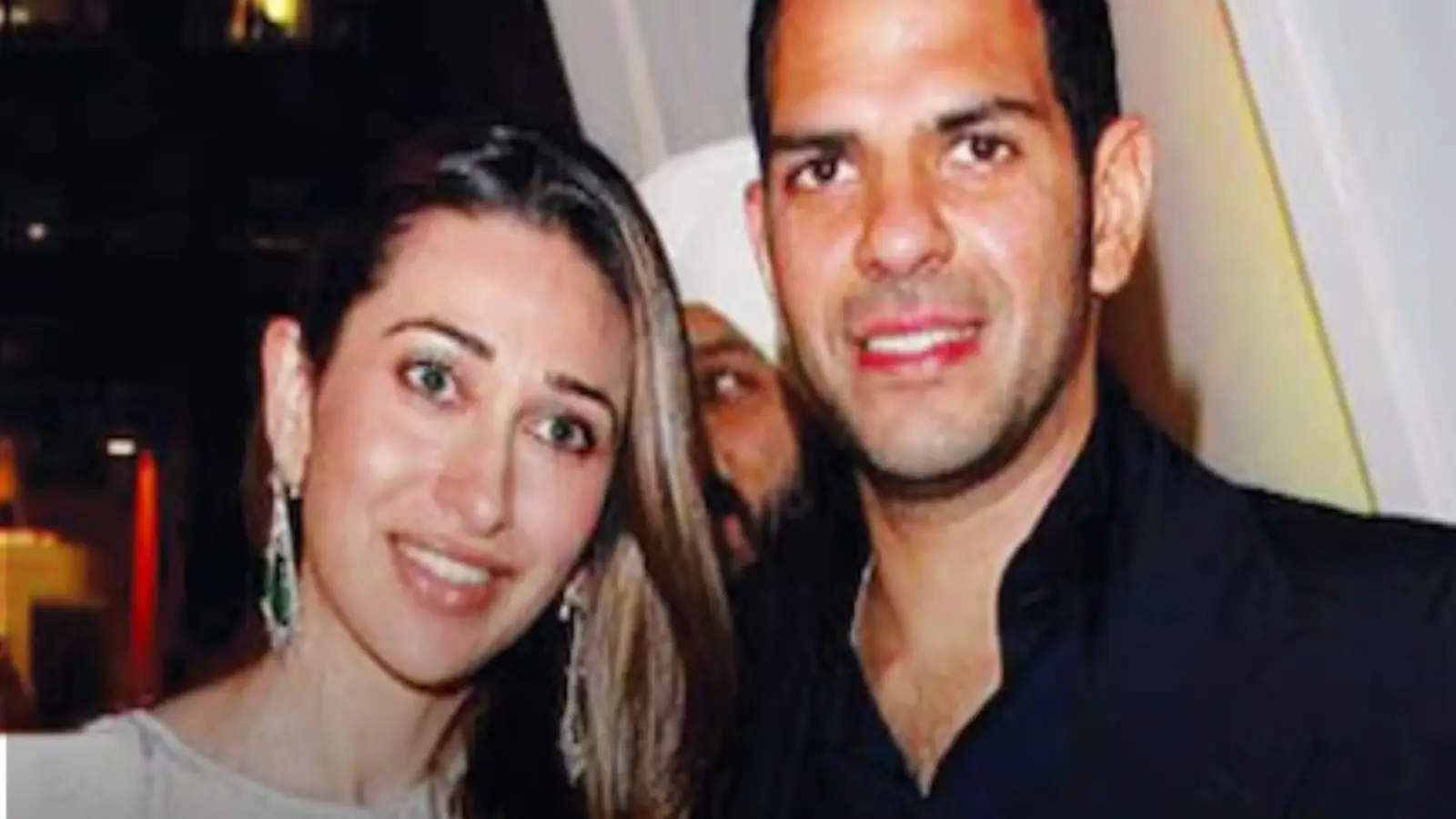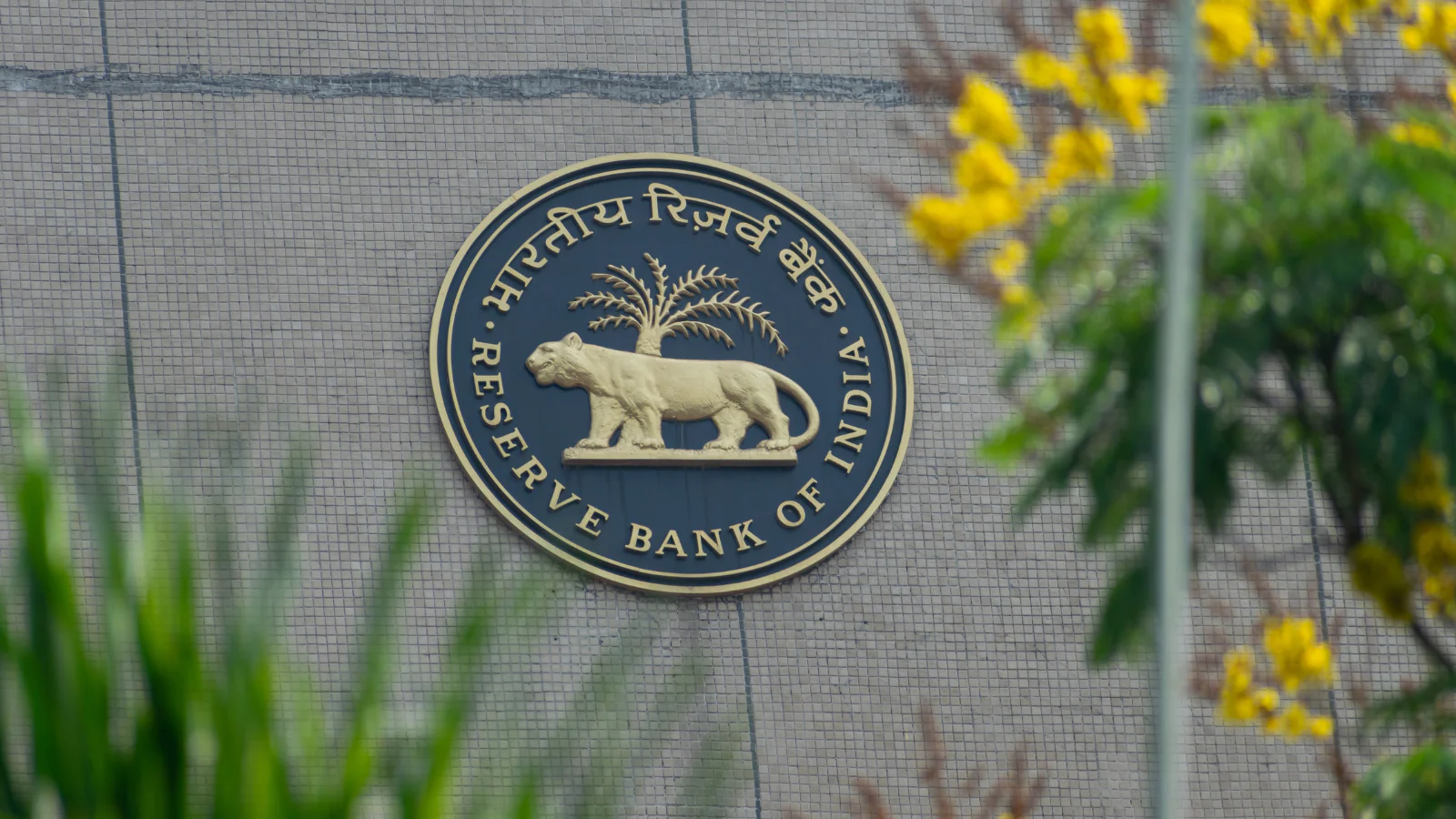By Ghana News
Copyright ghanamma

For many business owners in Ghana, one of the biggest challenges is accessing affordable foreign exchange (forex) to pay for imports such as machinery, spare parts, raw materials, and even livestock.
With the cedi facing periodic depreciation, every pesewa saved when buying dollars, euros, or pounds matters.
For business owners and individuals, here’s a simple, step-by-step guide on how to get cheaper forex rates in Ghana and how to use certain platforms to compare and choose the best deals.
1. Understand how forex works in Ghana
In Ghana, foreign exchange is traded mainly through three channels:
Banks – They are the most formal source but often come with stricter requirements, such as account history, documentation, and proof of transfer purpose.
Forex Bureaus – These licensed institutions usually provide more flexible access than banks. Their rates may be slightly higher or lower depending on market dynamics.
The Black Market – While rates here may sometimes look attractive, it is risky, unregulated, and illegal. Businesses are better off avoiding it.
Cedi continues to depreciate, sells at GH¢12.20 to one dollar
2. Compare rates before buying
One common mistake businesses make is rushing to the nearest bank or bureau without checking what others are offering. Rates can vary widely. For example, one bank may be selling the dollar at GH¢12.20, while a nearby bureau lists it at GH¢12.05.
This is where CediRates becomes useful. The platform tracks and lists forex rates from both banks and forex bureaus across Ghana, allowing you to quickly see who is offering the best buy and sell prices.
3. Verify the legitimacy of the source
Before exchanging large sums, always ensure the bank or bureau is licensed. If you’re using a forex bureau, ask for their Bank of Ghana certification. This protects you from fraud and ensures you receive a receipt for every transaction.
4. Time your purchases strategically
Forex rates fluctuate daily, sometimes even within the same day. Tracking movements over time can help you buy when the cedi is relatively stronger.
CediRates provides frequent updates, enabling you to monitor trends and avoid overpaying.
5. Negotiate where possible
While banks usually have fixed rates, some forex bureaus allow room for negotiation, especially when you’re exchanging larger amounts. It never hurts to ask for a slightly better deal.
6. Use digital platforms for convenience
Many banks and forex bureaus now provide digital services that allow you to lock in rates online before visiting the branch. Taking advantage of this can save you both time and money.
For businesses, whether you’re importing clothes, food, farm equipment, or raw materials, even a small difference in the exchange rate can significantly impact costs.
For instance, saving 20 pesewas per dollar on a $10,000 transaction translates into GH¢2,000 in savings.
By following this step-by-step process and leveraging platforms like CediRates, business owners can protect their margins, plan better, and avoid unnecessary forex losses.
Remember; never settle for the first forex rate you see.
Compare, verify, and time your purchases and with the right tools, you can make smarter decisions and keep your business costs under control.
Watch the latest edition of BizTech below



